By Alise Brillault, Latino Policy & Politics Initiative Communications Manager
 As the nation has grappled with the health and economic outcomes of the COVID-19 pandemic, an election marked by profound political polarization and a reckoning on race, the UCLA Latino Policy and Politics Initiative (UCLA LPPI) has been at the forefront of putting a bright spotlight on how these issues have impacted Latino communities in California and across the nation. As part of that effort, UCLA LPPI has highlighted unique perspectives aimed at identifying challenges, opportunities and solutions to move the work forward and create a future where everyone can thrive. These perspectives have included those of academics, labor leaders and elected officials, just to name a few. Recently, UCLA LPPI had the opportunity to hear from the philanthropy world when they sat down with Weingart Foundation* CEO and former UCLA Luskin School of Public Affairs Board Member Miguel Santana. During the conversation, Santana shared the importance of funding data-driven, Latino-led organizations to build a more inclusive economy and democracy. Check out the conversation (lightly edited for clarity) below.
As the nation has grappled with the health and economic outcomes of the COVID-19 pandemic, an election marked by profound political polarization and a reckoning on race, the UCLA Latino Policy and Politics Initiative (UCLA LPPI) has been at the forefront of putting a bright spotlight on how these issues have impacted Latino communities in California and across the nation. As part of that effort, UCLA LPPI has highlighted unique perspectives aimed at identifying challenges, opportunities and solutions to move the work forward and create a future where everyone can thrive. These perspectives have included those of academics, labor leaders and elected officials, just to name a few. Recently, UCLA LPPI had the opportunity to hear from the philanthropy world when they sat down with Weingart Foundation* CEO and former UCLA Luskin School of Public Affairs Board Member Miguel Santana. During the conversation, Santana shared the importance of funding data-driven, Latino-led organizations to build a more inclusive economy and democracy. Check out the conversation (lightly edited for clarity) below.
*UCLA Latino Policy and Politics Initiative (UCLA LPPI) recently received $125,000 in general funding over two years from the Weingart Foundation.
**
Alise Brillault: The Weingart Foundation’s main areas of focus are housing justice, immigrant and refugee rights and strengthening nonprofit effectiveness to build towards racial and socioeconomic justice. How does the work of UCLA LPPI as as a Latino-focused research center fit into the foundation’s mission?
Miguel Santana: The Weingart Foundation is committed to advancing social and racial justice in Southern California. For us, it is important that any work to deal with inequities in Los Angeles be based on data, analysis and best practices. The Luskin School of Public Affairs and UCLA LPPI are leading that effort.
We believe that to make change, there has to be an organized community on the ground – but there also need to be academic partners committed to advancing these issues using data analysis and research. Funding initiatives such as UCLA LPPI is part of a larger strategy to harness the power of data to make change in our communities.
AB: Why is it important to invest in Latino-led organizations such as UCLA LPPI?
MS: We strongly believe in supporting organizations led by the very communities that have been marginalized. Although Latinos make up about 50% of Southern California’s population, unfortunately, they are disproportionately reflected in poor outcomes in education, economic prosperity, home ownership, food security, and so many other issues. In short, the Latino community is not benefiting from the thriving economy of Southern California. We believe strongly that these issues have to be grounded in communities they are about. Supporting initiatives such as UCLA LPPI – whose research is being led by the best and brightest of the Latino community – is an important part of that mission.
AB: Can you tell us more about the Unrestricted Operating Support program that Weingart uses to enhance nonprofit effectiveness?
MS: We believe in nonprofit organizations – particularly those already meeting existing gaps due to systemic failures in the community. That’s why we work hard not to be prescriptive and to support organizations based on the idea that they know best how to use their dollars. Most of us at the Weingart Foundation came from the nonprofit world, so it’s important for us to take that experience and remind ourselves of what it was like to work in that space, which makes us very intentional about how to provide the best support necessary.
AB: Only 1% of philanthropic foundation CEOs are Latino, and Latino-focused organizations receive less than 2% of philanthropic funding. Is there a connection between representation at the top of foundations and the type of organizations that receive funding?
MS: For foundations like ours, it’s important that the organizations we fund look like and are led by the communities we support. Our Board of Directors has been very committed to leading on that effort. If we expect our funding recipients to have diversity in their boards and executive leadership, our board thought it was important that our foundation also look like and come from the community we serve to better represent the community’s perspective.
I’m very honored to serve as CEO of the Weingart Foundation. I’ve been in public service my entire career and have been the leader of nonprofit organizations. Frankly, though, my own lived experience growing up in Southeast Los Angeles County as the son of immigrants and the first in my family to go to college is more relevant than my degrees. Foundations committed to racial justice need to look like communities they serve. For me, I live in and work in the community, and it’s an honor to lead a foundation that is truly committed to racial justice.
**
Founded in December 2017, through a partnership between the Luskin School of Public Affairs and Division of Social Sciences, the UCLA Latino Policy and Politics Initiative addresses the most critical domestic policy challenges facing Latinos and other communities of color in order to expand genuine opportunity for all Americans. UCLA LPPI believes that there is no American agenda without a Latino agenda. Funding from the Weingart Foundation will allow UCLA LPPI to expand its capacities for research, data collection, advocacy and leadership development activities as well as the growth of its staff.


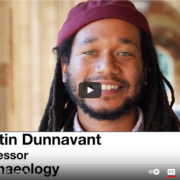

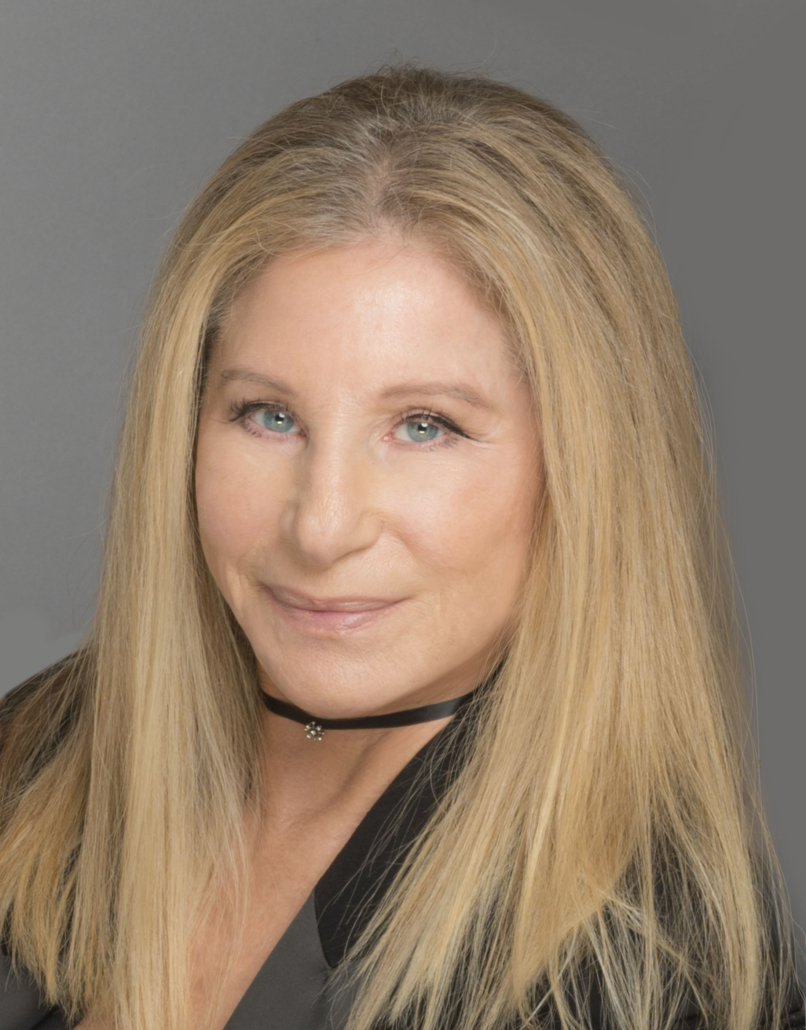

 The UCLA
The UCLA 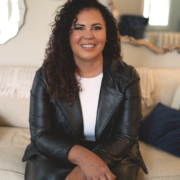
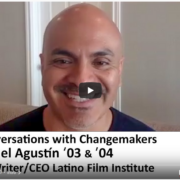
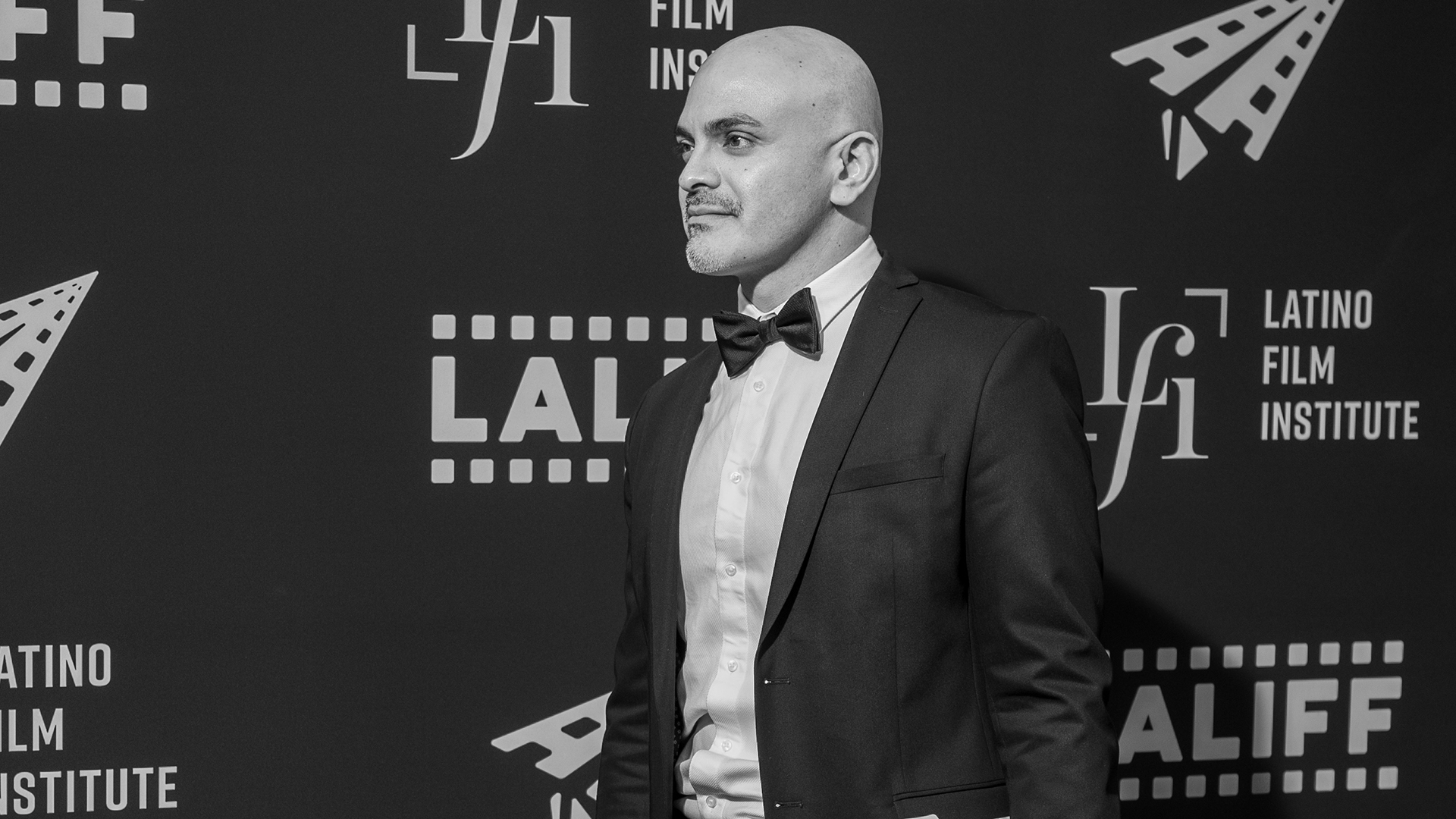


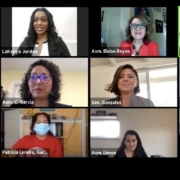
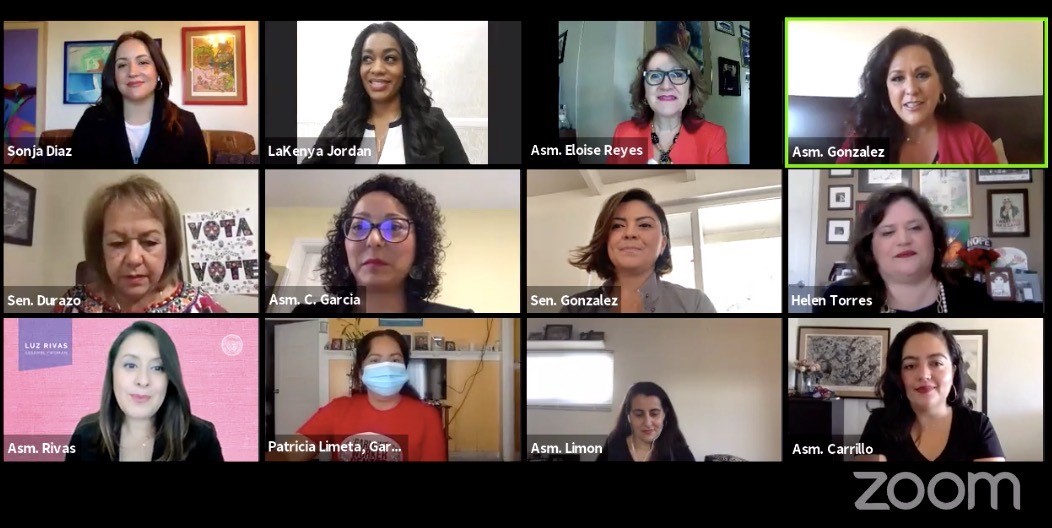
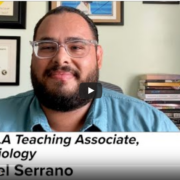
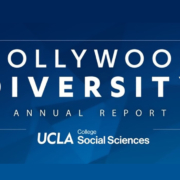
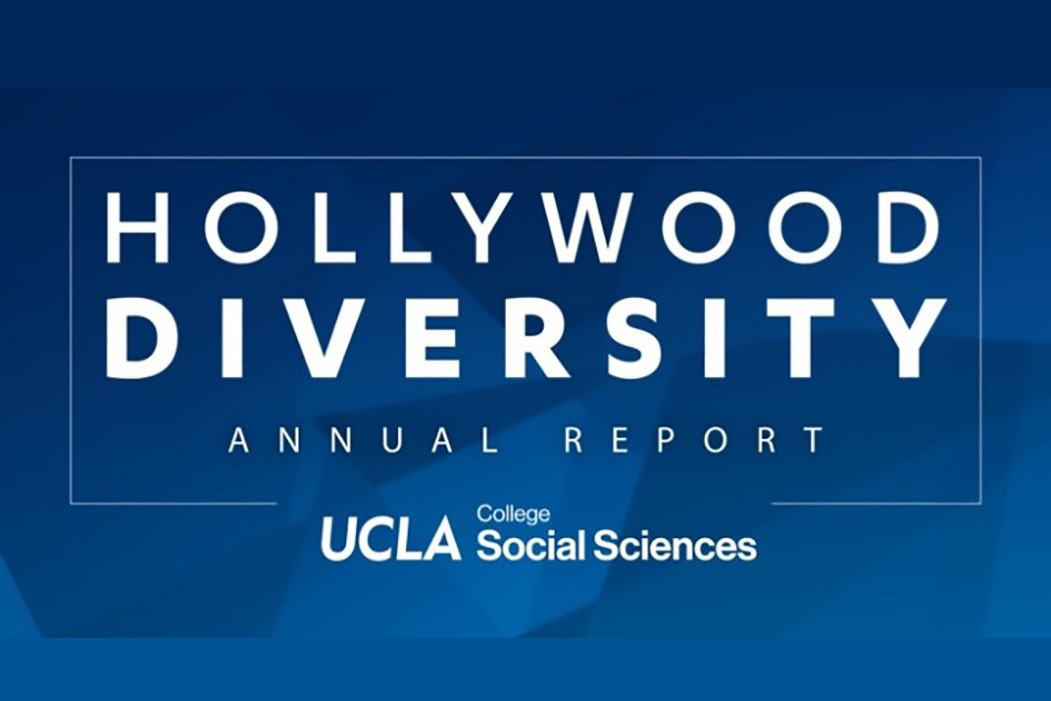
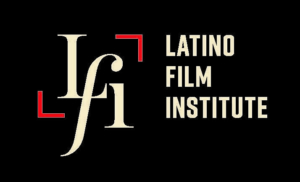 The
The 